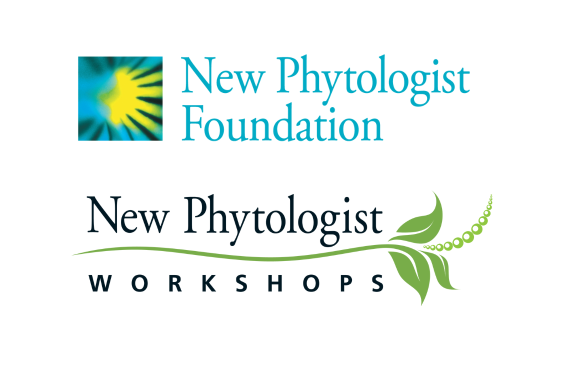Rationale and scope
The control of protein degradation (‘proteostasis’) is a central feature of cellular signalling and functioning in eukaryotes, by ubiquitin- and ubiquitin like proteins (such as SUMO) and autophagy.
The Arabidopsis genome project identified more than a thousand genes encoding components of pathways of protein degradation, representing about 10% of the entire plant proteome, far more than any other eukaryote group, indicating that for plants control of protein stability is a key adaptive trait.
Mutations in components of these systems affect all aspects of plant development, abiotic stress tolerance and pathogen defence. To date all plant hormone receptors are components of the ubiquitylation process. This illustrates the extent to which plants have evolved to rely on protein degradation as a central signalling mechanism.
In the last two decades research in the area of plant proteostasis has been intense, and resulted in many ground-breaking discoveries that have significantly enhanced our understanding of plant cellular signalling. However, many key questions remain unanswered and in particular the molecular interaction between the different areas of proteostasis and signalling consequences remains an important under-explored area. This two-day New Phytologist Workshop will aim to fill this gap, to focus on the role of proteostasis in diverse aspects of plant development and response to environment. In particular we will aim to identify avenues for the application of protein modification systems to the development of solutions for sustainable agriculture.
Goal
The goals of the workshop are to reinforce the on-going development of a community in this important and relatively young scientific area and to focus discussion and therefore future efforts towards developing the area of plant proteostasis for sustainable agriculture.
The Workshop will provide a unique opportunity for leading researchers in the field of plant proteostasis to meet to present their latest unpublished research. We hope to provide an opportunity for detailed discussion that will allow a synthesis of current and future avenues for better understanding the role of plant proteostasis, in efforts to achieve sustainable plant-based agriculture. The workshop also aims to develop new possibilities for collaboration and exchange of ideas, materials and researchers.
Organising committee
Professor Michael Holdsworth, University of Nottingham, UK
Professor Ari Sadanandom, University of Durham, UK
Dr. Maria Lois, CRAG, Spain
Dr. Pascal Genschik, CNRS, Strasbourg, France
Programme and Speakers
Wednesday 18 July 2018 | ||
Session 1: Chair Ari Sadanandom | Pascal Genschik | France |
Claus Schwechheimer | Germany | |
Isabel Abreu | Portugal | |
Dan Gibbs | UK | |
Session 2: Chair: Pascal Genschik | Andreas Bachmair | Austria |
Elena Baena | Portugal | |
Ari Sadanandom | UK | |
Session 3: Chair: Elena Baena | Erika Isono | Germany |
Maria Lois | Spain | |
Brigitte Poppenberger | Germany | |
Dudy Bar-Zvi | Israel | |
Thursday 19 July 2018 | ||
Session 4: Chair: Maria Lois | Mike Holdsworth | UK |
Luz Irina Calderon | Germany | |
Grégory Vert | France | |
Nico Dissmeyer | Germany | |
Session 5: Chair: Mike Holdsworth | Vicente Rubio | Spain |
Giovanna Serino | Italy | |
Marco Trujillo | Germany | |
Session 6: Chair: Giovanna Serino | Steven Spoel | UK |
Yasin Dagdas | Austria | |
Panagiotis Moschou | Sweden | |
Freddie Theodoulou | UK | |


